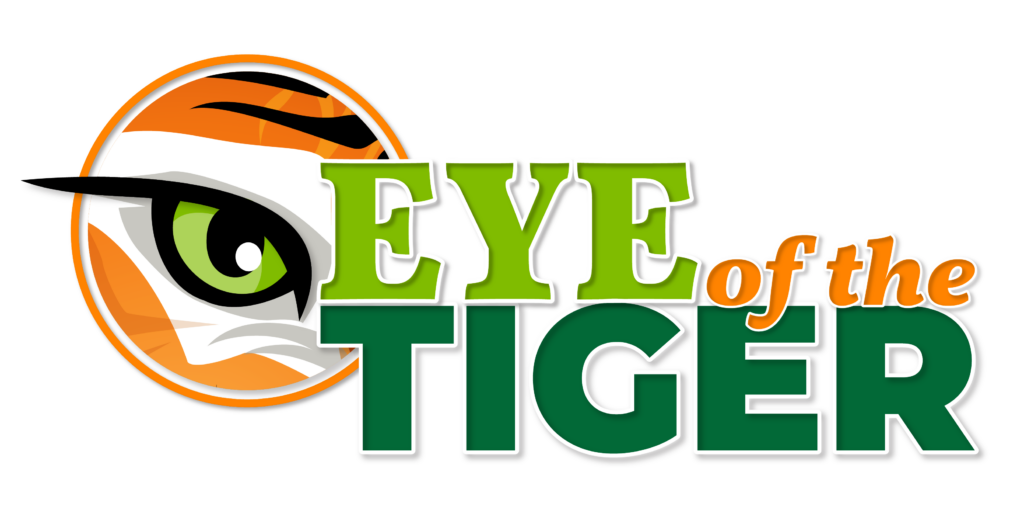One of the most common assumptions of the Artificial Intelligence (AI) revolution is the disappearance of certain professions as AI may replace them. This worries many when analyzing the future of these transformative technological developments. This is because AI performs tasks that usually require human intelligence. It is foreseen that indeed, there will be a deletion of certain jobs.
However, this common depiction of the effects of Artificial Intelligence will not be the case in the medical realm. It is certain that AI will bring substantial benefits to healthcare that may revolutionize the system of medicine, increasing accuracy in diagnosis, facilitating the gathering of medical data, and increasing access to healthcare by increasing efficiency in the health workforce.
Misdiagnosis can be a life-threatening occurrence that is widely common in the world of healthcare today. It is so common that it is calculated that there are, “12 million misdiagnoses a year in the US” (Topol, 2019). Fortunately, deep learning (a specialized subdivision of machine learning that uses artificial neural networks to perform tasks) has widely developed in the field of diagnostics. The use of deep learning has already increased diagnostic accuracy in a variety of different fields of medicine.
For instance, in ophthalmology it has shown to drastically improve accuracy in comparison to human judgement. Leading retinal experts have a 50/50 chance of accurately identifying if a retina is from a man or a woman. In contrast, if a machine is trained it is over 97 percent accurate (Topol, 2019). In addition, with AI assistance medical screening detecting eye diseases such as diabetic retinopathy or macial degeneration, which are commonly overlooked, can now be performed by the receptionist.
Another example is in gastroenterology where colonoscopies may miss the presence of small polyps or dominion of polyps (precancerous). Such oversights may decrease to zero percent with the implementation of deep learning in machine vision (Topol, 2019). These are only a few examples on how artificial intelligence has revolutionized the ability to diagnose a patient more accurately.
It is estimated that, “over 30% of scans have a false negative (something is missed). This percentage can get down to 1-2 percent with the use of training machines” (Topol, 2019). Moreover, the future of AI is believed to have more to play in supporting doctors to determine, based on the specific diagnosis of a patient, the best treatment. The applications of these developments however are believed to be applied later in the future.
Analyzing data can be a timely task, especially in medical practice which requires a thorough analysis of various correlations of large amounts of information from various comparisons of diseases, symptoms, treatments, prevention, vaccines, and all the information that will determine the life of many.
Currently, the world is facing a healthcare workforce crisis largely due to a shortage of doctors, aging and burnout of physicians, and an increasing need for chronic care. It is found that “one in three physicians are over 55 years of age, and a third of physicians are expected to retire in the next decade.” (Mesko, 2018) Life expectancy is widely increasing and there are more chronic diseases developing. In other words, the need for a new healthcare system that will aid health workers with the workload of their jobs is essential. AI has shown to offer assistance to the healthcare workforce from nurses to doctors that is believed will allow it to dedicate more fully to patients as it opens more space to truly exercise empathy which plays an essential role in the doctor-patient relationship and that today finds itself scarce due to the demand of speedy work. For this reason, the use of supercomputers, which are computers that through deep and machine learning are able to perform resource-intensive tasks, have begun to be used to make analysis of data in a shorter period of time and identify correlations that may not be conspicuous to the human eye.
For instance, with the use of this technology of this nature an organization that through AI research helps tackle healthcare’s complex problems, “Deepmind Health launched a cooperation with the Moorfields Eye Hospital NHS Foundation Trust to improve eye treatment by mining one million anonymized eye scans with the related medical records”(Mesko, 2018). Supercomputers have also been able to formulate new therapies within a range of 24 hours which originally could take a decade and huge amounts of money from various clinical trials. In pharmaceutical research, there were “two drugs predicted… by AI technology which may significantly reduce Ebola infectivity in less than a day of research, instead of years.”(Mesko, 2018) In the future, these sorts of discoveries may be multiplied and largely accelerate the development of drugs that may save millions of lives. The use of machine learning algorithms can make identifications of treatments at a speed that has never been seen before that will benefit both doctor and patient in the years to come.
The implementation of AI assistance in the healthcare workforce is believed to help increase access to healthcare by increasing the capacity to attend more people effectively and efficiently. Globally, it is estimated that “400 million people lack access to one or more essential health services, and five billion people do not have access to safe, affordable surgical and anesthesia care when needed” (Mesko, 2018).
Firstly, artificial intelligence will allow people to have access to basic healthcare services at literally arms reach. Engineers have developed wearable technology commonly referred to as e-tattoos which can provide the monitoring of health conditions from an electronic device applied like a tattoo. In 2016, at the Massachusetts Institute of Technology developed the first digital tattoo that could monitor movement, muscle activity and heart conditions (Telegraph reporters, 2019). This technology has proven inexpensive and life-saving development that can revolutionize the role of the patient in the doctor-patient relationship allowing them to take a more active role.
Secondly, artificial intelligence can contribute to the organizing of the extensive administrative work of healthcare establishments. It is estimated that “, the average US nurse spends 25% of work time on regulatory and administrative activities,” (Davenport, 2019). Workers with the help of AI technology such as the Robotic Process Automation (RPA) which is a software technology that can reproduce human management of digital systems with higher speed, can invest more time in other areas which are in demand. This technology can be programmed to take the role of “claims processing, clinical documentation, revenue cycle management, and medical records management”(Davenport, 2019)
Thirdly, artificial intelligence can directly assist doctors in the performance of medical practices such as surgeries. An example of such developments is Robotic-assisted surgery. This procedure uses tinier incisions to perform heart surgery which has proven to be more precise, less likely to cause infection, and has a shorter recovery time for patients. The future of the assistance Artificial intelligence can offer is innumerable and is already revolutionizing healthcare.
Artificial intelligence has a hopeful vision for the future of healthcare and will play a vital role in improving the mechanisms of the medical world. AI has so many possibilities that are envisioned as ideal applications in healthcare. However, all these AI technologies can only serve their purpose with its adoption of the healthcare industry. Ensuring this will require huge efforts from authorities worldwide and through investment to make this resource part of the clinical daily practice of medicine.
Artificial intelligence has the power of facilitating the routine of doctors, lowering healthcare costs, empowering patients, and enriching the environment of caregiving by allowing the blossoming of empathy between doctor and patient as it will relieve them of other time-consuming tasks. Artificial intelligence shows a considerable amount of benefits that surely will not replace physicians but aid in performing their jobs as well as enriching the medical practice.
Works Cited Page
Davenport, Thomas, and Ravi Kalakota. “The Potential for Artificial Intelligence in Healthcare.” Future Healthcare Journal, Royal College of Physicians, June 2019, www.ncbi.nlm.nih.gov/pmc/articles/PMC6616181/.
Meskó, B., Hetényi, G. & Győrffy, Z. Will artificial intelligence solve the human resource crisis in healthcare?. BMC Health Serv Res 18, 545 (2018). https://doi.org/10.1186/s12913-018-3359-4.
N. Murali, and N. Sivakumaran. “Artificial-Intelligence-in-Healthcare-A-Review.pdf.” Artificial Intelligence in Healthcare , G. J. Publications, International Journal of Modern Computation, Information and Communication Technology, 2018.
Talks, TEDx and Suchi Saria, directors. Better Medicine Through Machine Learning | Suchi Saria | TEDxBoston. YouTube, YouTube, 12 Oct. 2016, www.youtube.com/watch?v=Nj2YSLPn6OY&t=18s.
Topol, Eric. Institute, Aspen and David Brooks, directors. Deep Medicine: How Artificial Intelligence Can Make Health Care Human Again. YouTube, YouTube, 24 June 2019, www.youtube.com/watch?v=ZWAnjdQy5kE.


